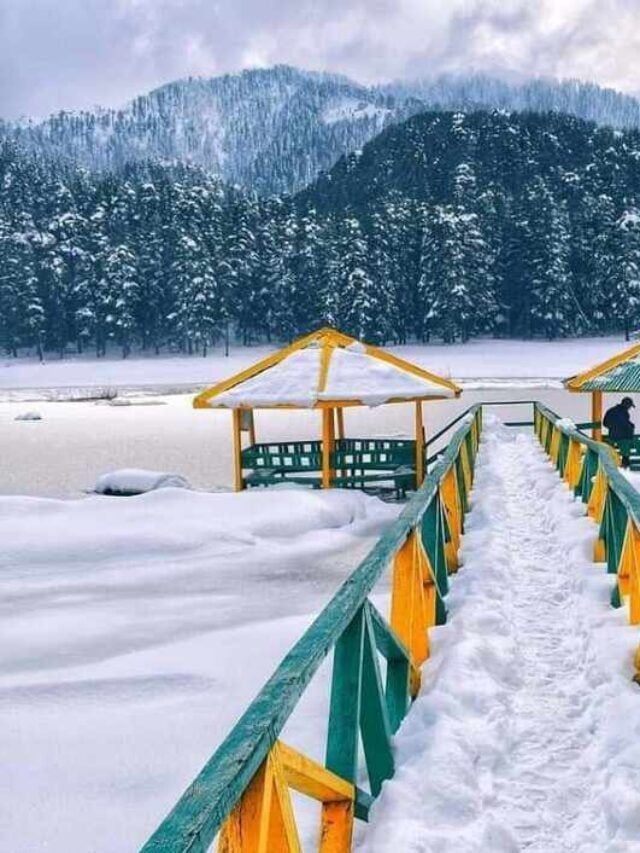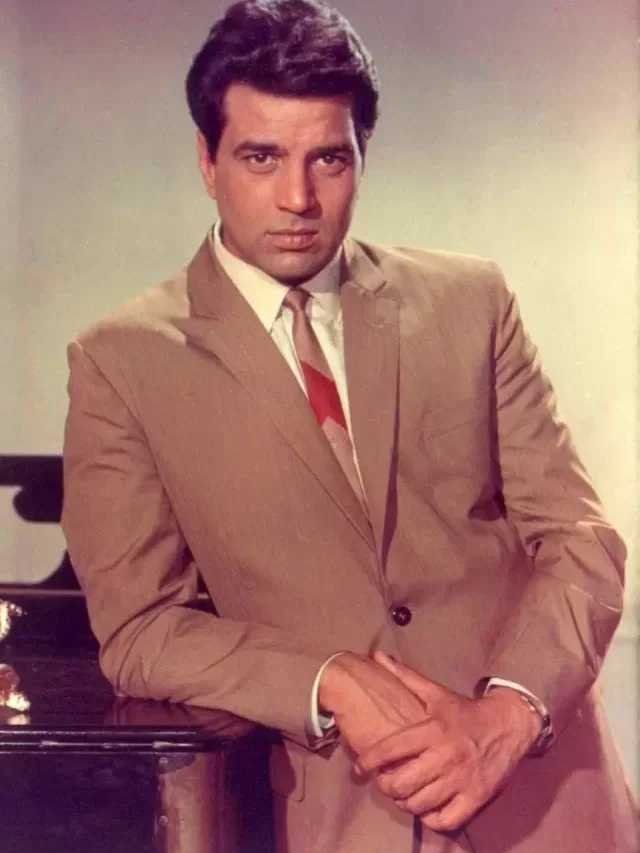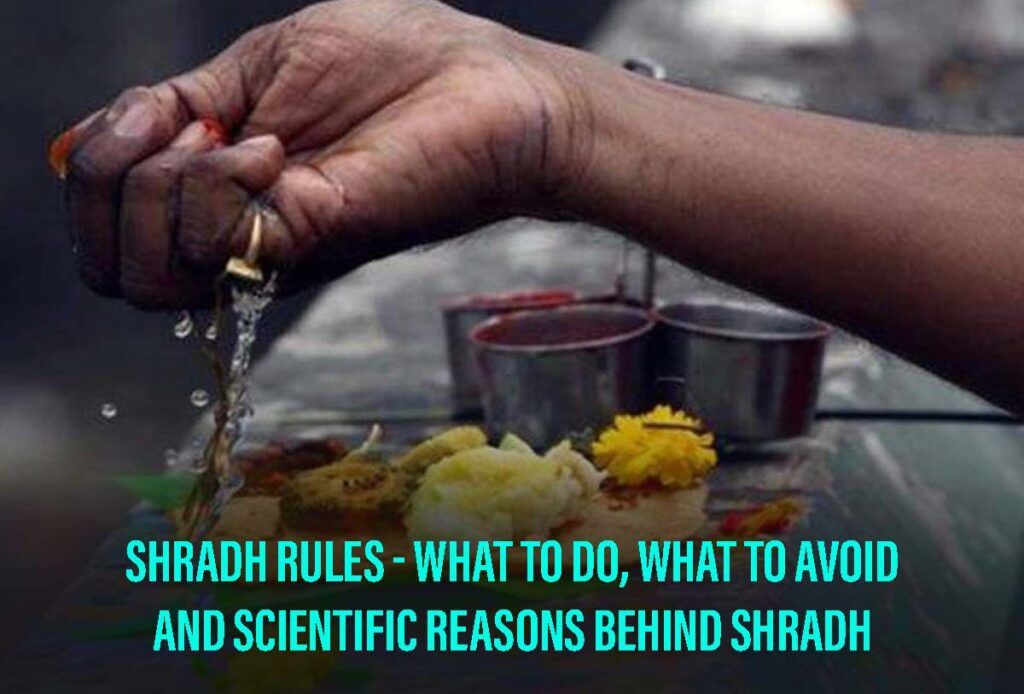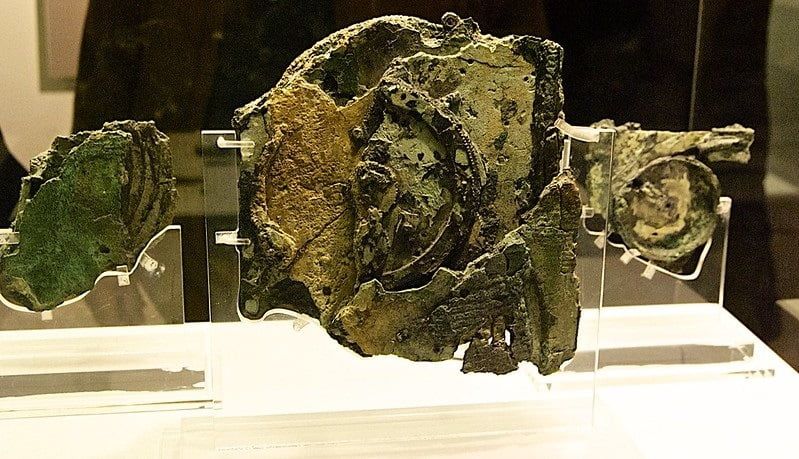From Bhadrapada Poornima in the month of Ashwin till Amavasya in the same month, Pitra Paksha, also known as Pitru Paksha, is observed. According to the North Indian Purnimanta calendar, this is. Hindus honour their ancestors, called Pitras, during this time. Pitra Paksha also includes Shradh, which is significant. But, are there any scientific reasons behind shradh? There are many other queries asked such as can we travel during shradh, what to avoid during shradh, and what to do in shradh month? Read this article to know the answers to all such queries including the detailed Shradh rules. Also, know how to perform shradh ceremony at home.
All of the kin’s sacrifices to their ancestors during these sixteen days are referred to as shradh. Scriptures claim that persons who have passed away return to earth in a subtle form to take the gifts of their relatives.
Important Shradh Rules To Know
There are many things such as what to avoid during shradh and what to do in shradh month. Read below to know all the Shradh rules.
What To Avoid During Shradh?
- One who is performing Shradh shouldn’t trim his nails, beard, or hair. The person shouldn’t dress in soiled attire.
- When performing rituals, the person shouldn’t wear leather items like belts, wallets, or shoes.
- Do not interrupt your mantra chanting when you are completing Shradh rites or speaking to anyone. This might create bad vibes.
- A person who follows Pitru Paksha Shradh is not allowed to eat frequently on the day of Shradh.
- Never tell lies, yell at people or curse. Avoid wearing sandals indoors for the full 16 days of Pitru Paksha, if at all feasible.
Also Read- Significance & Importance Of Shradh Pooja In India
What To Do In Shradh Month?
- Offering food and clothing to the Brahmin is part of the daily ritual known as shradh.
- Ensure that everyone receives only satvik food.
- To satisfy their ancestors and bring them peace, those who have pitra dosh must conduct pind daan during these days.
- Offers prayers by performing Pitru Tarpan with the help of a trained priest or brahmin.
- Cows, crows, and dogs should all be fed.
Scientific Reasons Behind Shradh
According to Scientific reasons behind shradh, the rituals entail cleansing our minds in order to free ourselves from the shame of unfinished business from our ancestors. According to science, the ritual of doing Shradh was created to rid oneself of guilt and the ensuing mental sickness.
The negative mental state is associated with anger and a troubled mind in Savan; with unfulfilled desires and an unrestrained ego in Bhado; and with the guilt associated with unfulfilled desires of others (ancestors) in Ashwin, particularly during Amavasya.
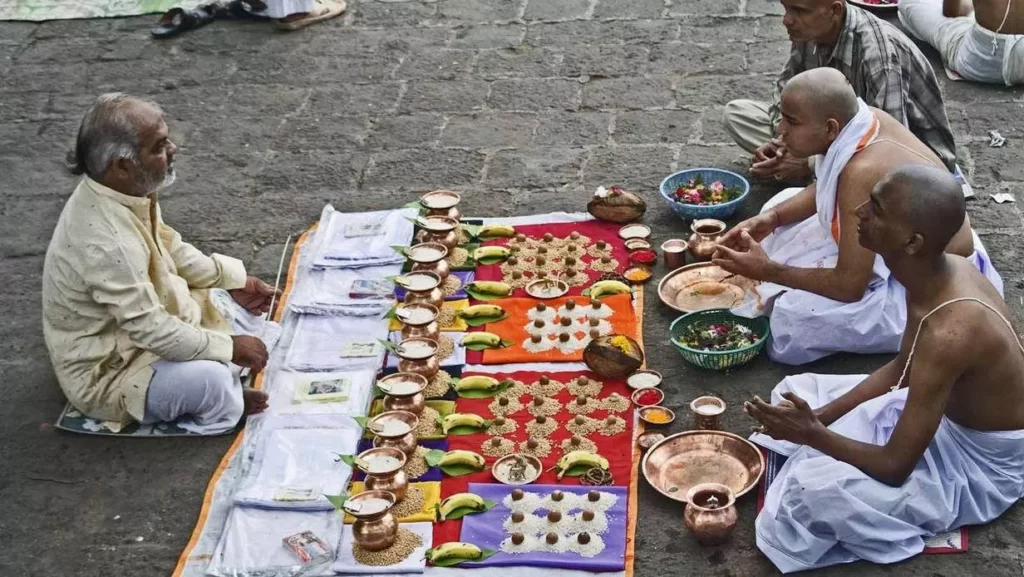
Each family in Indian Hindu tradition observes Shradhs in order to ask the sick person & our ancestors for forgiveness for their unfulfilled goals, both known and unknown. In plain English, when our ancestors made mistakes, did terrible things, or committed sins, it was reflected in our lives as pitra dosha, which is said to be the biggest barrier to our success in life in any sector.
Also Read- Fasting in Navratri, 9 Days & The Do’s And Don’ts
How To Perform Shradh Ceremony At Home?
Wondering how to perform shradh ceremony at home? You can perform these by inviting the Brahmanas, adoring, and feeding them, the Karta carries out the shradh ceremonies. A fire ritual known as the “homa” is done to guard and nourish the ancestors, and after that, rice balls are offered to the souls of the deceased.
All ceremonies must be carried out with commitment, sincerity, and respect for the deceased and as per the Shradh Rules. Offerings are made to 3 generations. After the offerings, the event ended by showing the Brahmana’s hospitality and distributing Dakshina (fees).
Conclusion
Regardless of the month and paksha in which a family member passed away, Pitru Paksha is the time designated for completing the shradh rituals for that member. If a person was unable to routinely execute the annual shradh ceremonies, this is the best time to do so.
During the Pitru Paksha, shradh ceremonies can be done for people who died suddenly or unexpectedly, including bachelors, sanyasis, mothers, spouses, maternal grandparents, and those whose death dates are unknown.
Frequently Asked Questions
1. Can Daughters Do Shradh?
The grandchild completes Shradh karma in place of the son. Siblings are expected to carry out Shradh karma if a person doesn’t have a son. If the deceased individual has only daughters, the son of the daughter may carry out Shradh karma.
2. Baby Born In Pitru Paksha Good Or Bad?
In Pitru Paksha, you remember your ancestors, give them food and pay back any debts you owe them. On the basis of this, it can be said that this is a moment when many individuals are acting positively, making it a very fortunate period.
3. Can We Travel During Shradh?
Pitru Paksha is not a time to avoid travel. There is no need to delay your trip during Pitru Paksha and Mahalaya Paksha. However, choosing a decent muhurat to travel abroad and across states during Pitru Paksha is important.
4. When To Do Shradh After Death?
Depending on caste customs, the rites are carried out between the 11th and 31st day following death, and then at regular intervals after that. A shradh ceremony is held on the first anniversary of each death, which enables the departed (preta) to be received into the assembly of ancestors.
5. When Is Pind Daan Done?
Depending on the location, pind daan is conducted after having a holy bath in the river Falgu, Ganga, etc. During shradh karma, white holy clothing must be worn, such as traditional dhotis & kurtas. Under the direction and mantras of brahmins, pind daan is finished providing rice, jaggery, sweets, etc.
6. What If Someone Dies In Pitru Paksha?
Pitru Paksha does not categorize death as either good or negative. The only thing that is guaranteed is death, yet we have zero control over when it will happen.
7. Can We Buy New Things In Shradh?
We observe Shradh or Pitru paksha during this time to remember our ancestors. Hindus are expected to refrain from luxuries, fast frequently, and engage in charitable activities during this time. We ask the gods to grant our forefathers a peaceful afterlife and a second chance at a better existence. As a result, no new items were purchased throughout his tenure.
For more related articles, visit Discover
